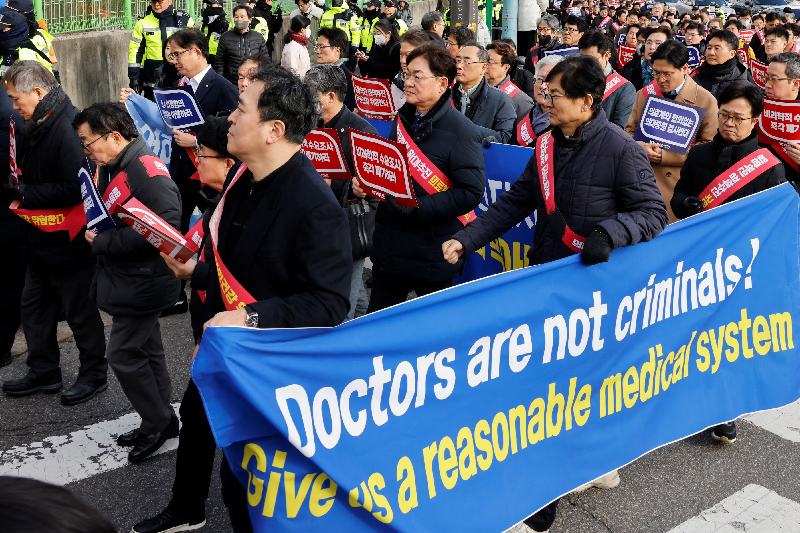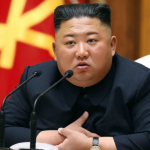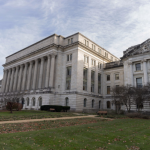
In a move illustrating its immovable position, the South Korean government late on Friday freely issued a rigid order to 13 doctors
In a move illustrating its immovable position, the South Korean government late on Friday freely issued a rigid order to 13 doctors, a few of whom had been vocally included in a walkout comprising around 9,000 doctors dissenting a wellbeing framework change arrangement. This mandate, spread as a formal legitimate notice, underscores the government’s firm approach towards trainee doctors within the walkout or showing disagreement towards the reform plan. Such an open show of doctors indicates the government’s initiative to preserve control over the healthcare division in the midst of developing discontent among restorative experts.
Police Attacks and Open Examination
At the same time, nearby law requirement specialists conducted attacks on authorities of a doctor’s affiliation on Friday, coinciding with an open occasion in South Korea. This proactive degree recommends the government’s aim to scrutinize personal doctors but also the organizational structures inside the therapeutic community. By focusing on the authority of therapeutic affiliations, the government aims to suppress any shape of organized restriction to its reform plan. The open investigation and police mediations serve as stark updates of the results anticipating those who challenge the government’s mandates inside the therapeutic crew.
Open Posting of Specialists and Ultimatums
Encouraging its position, the Ministry of Health distributed the permit numbers and healing center affiliations of 13 specialists on its official site. This activity serves as a coordinated final proposal, compelling the involved doctors to either return to work instantly or confront serious repercussions, counting potential permit suspension or criminal charges. Whereas the personalities of the doctors were mostly redacted, it is clear that a few among them were trainees who had been especially vocal about the continuous walkout and basics of the government’s approaches. By freely recognizing and rebuking these people, the government points to discourage others from taking after suit and taking an interest in acts of disagreement.
Resistance and Arranged Shows
In spite of the government’s endeavors to uphold compliance, information from the health ministry uncovered that a majority of the trainee doctors, about 9,000 in number, chose to neglect the due date set for their return to work. This collective act of insubordination underscores the deep-seated disappointment existing inside the restorative community with respect to the proposed health framework reforms. In reaction to the government’s measures, doctors are arranging a large-scale show planned for Sunday. The arranged dissent means a proceeding standoff between healthcare experts and the government, highlighting the diligent friction encompassing the change. The show points to the therapeutic community’s staunch restriction to the government’s proposition to extend therapeutic school admissions by 2,000 beginning in 2025, which is seen as an imperfect solution to address the implied deficiency of doctors within the country’s quickly maturing society.
The government’s firm activities, coupled with open examination and ultimatums, reflect its assurance to declare control over the healthcare segment and smother disagreeing voices inside the therapeutic community. In any case, the reform plan shows that the therapeutic professionals remain undaunted in their resistance against what they see as insufficiencies within the proposed arrangement, setting the stage for an extended strife between the government and the healthcare segment.







